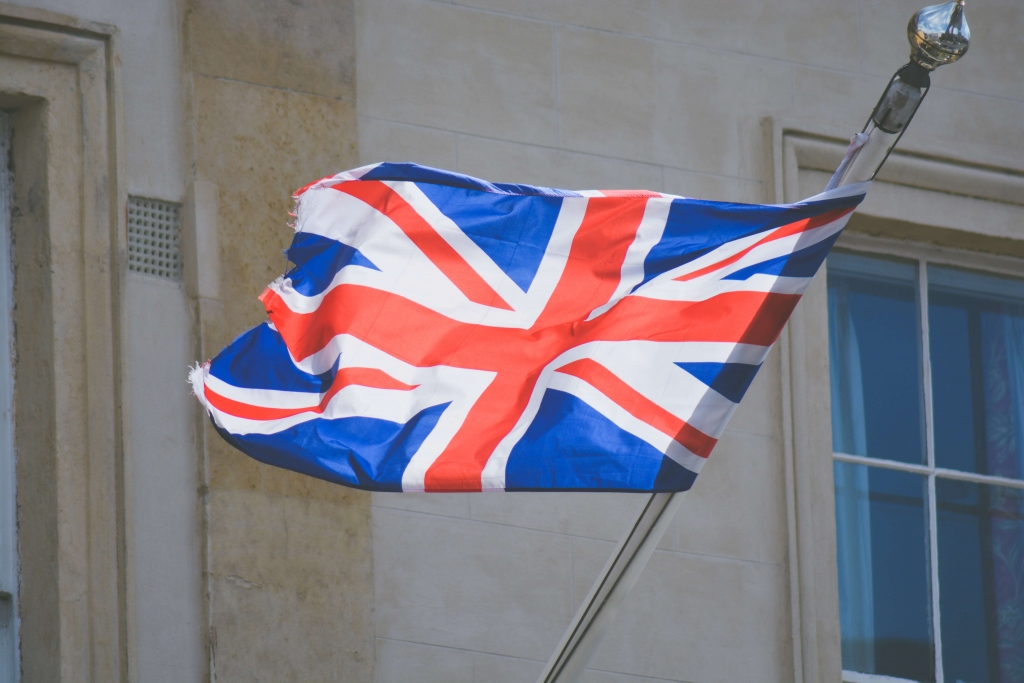English is actually a West Germanic language. It was first spoken in England around the year 500. However, England is not the only English-speaking country. It is spoken in the United Kingdom, Canada, the United States, Australia, Ireland, New Zealand, and a number of Caribbean nations. There are around 375 million native English speakers (that use English as their first language) and 220 million people that use it as their second language, which makes it the second most spoken language in the world, after Mandarin, and the most international language in the world.

Which language has the most words?
English has always been influenced by other languages, and it originally shared a lot of its grammar and vocabulary with Dutch and German (hence Germanic). Later, it was influenced by Latin and French. English is now in the “Indo-European family” of languages, alongside Spanish, Russian, Italian, French and German. This is how English compares to the other languages in its family, according to their largest dictionaries:
- Spanish has around 100,000 words.
- Italian has around 270,000 words.
- Russian has around 200,000 words.
- French has around 100,000 words.
- German has around 135,000 words.
- English has around 500,000 words.
However, the actual words used today are different to the amount in the dictionary. There are 172,000 words currently used in the English language today. 🤔
How many words does the average person know?
Some interesting facts about how broad the average person’s vocabulary:
- The average vocabulary for native English-speaking 4-year-old is 4,000 to 6,000 words.
- The average vocabulary for native English-speaking 8-year-old is 8,000 to 12,000 words.
- The average vocabulary for native English-speaking adults is 20,000 to 35,000 words.
- The average adult speaks at least 7,000 words each day.
- The average adult uses the same 10,000 words 95% of the same, although they may be able to use almost three times this number. Most people find it easier to communicate in a simpler way.
How to learn English and become fluent?
Realistically, if somebody wanted to fluently speak the English language, they would actually only need to know about 2000 active and 2500 passive words, this is around 4,500-word families in total. This will get you through most conversations. As we mentioned above, the average native English speaker knows between 10,000 to 35,000 words, so learning 13 to 45% of the average person is enough to be considered fluent.

Share This!
Book Your Maths Tutor!
Booking a trial session and finding the perfect tutor for your child is a straightforward process at EzyMathTutoring.
Benefits of a larger vocabulary
Having a large vocabulary will always be helpful on a personal, schooling, and professional level! You can express yourself and communicate in an engaging and entertaining way. You can really explore the full potential and beauty of a language and improve your English skills in school. You can clearly speak on any given topic in a commanding and persuading manner. You would become a masterful writer and also be able to enjoy reading more complex books. And many more benefits again! 📚
The best ways to improve your vocabulary
Knowing how many words are in the English language is interesting, but to have impressive communication skills, learn and understand as many words as possible. There are many ways to constantly find ways to add a new expression to your vocabulary pool. You will notice a change in both your active and passive word choices. Active word choices are words you are consciously choosing to use in order to express yourself in an interesting way, while passive word choices mean that you are unconsciously using a wider-range of words to express yourself in day-to-day life. But before we expect to speak like Harvard lecturers or turn every conversation into a TED talk, we should cover some of the best ways to improve your vocabulary. These range from using phone apps, reading classic poetry and plays, setting goals, writing exercises, and playing games. We will go through the best ways to improve your vocabulary:
– Set daily goals
Remember being in the early stages of primary school, where we learned spelling and the definition of a lot of words? That can be a fantastic way to improve your vocabulary. Improving vocabulary can be as simple as setting a goal to try to learn 35 new words a week, 5 words a day. This is adding close to 2,000 words per year. Remembering that the average person’s total vocabulary is around 10k to 20k, this is adding between 10 to 20% to that number each year.
This can be done best by sticking to a scheduled 10 minutes of learning every day. Where you learn the definition of 5 new words and then try and use them in sentences all day long. You can sign up to learn a word a day up to 5 words a day on your email to keep things simple.
– Read, read and read!
Often the most useful reading materials to read are classic novels, poetry and plays. These may take longer to understand and will often use vocabulary that is not commonly used today, which means you will constantly be learning the context of new words. The more new words we see, the easier we recognise them and become familiar with them. A bit of reading Shakespeare’s plays or Yeats’ poetry, or Joyce’s novels (such as Finnegan’s Wake) will be a powerful tool to enhance your writing and your vocabulary.
When you come across new words, always write them down, and then look in the dictionary for the meaning, and a thesaurus to see how else the word can be used. You will be surprised how quickly you will be able to read advanced novels, poems and plays and not have to write many words down.
– Vocabulary games
There are many memory games you can play online to help you learn. A great website with a wide selection of games for children and adults is https://www.the-crossword-solver.com/word-lists. You can create your own memory games or flash cards! Flash cards can be one of the best ways to learn new information. How to create great flash cards:
- Cut A4 paper into 15 rectangles (3 columns, 5 rows)
- Write a tricky word on each card and the definition on the other
- Test your knowledge week by week to ensure you can link each word to its definition and vice versa.
Lastly, while it is extremely exciting to expand your vocabulary, many people may not understand your new word choices all of the time. It is great to be able to impress people with your highly specialised word choices, but you do not want to confuse people by using complex words in everyday casual conversation. ✍️





